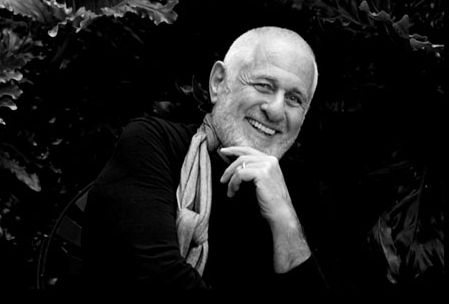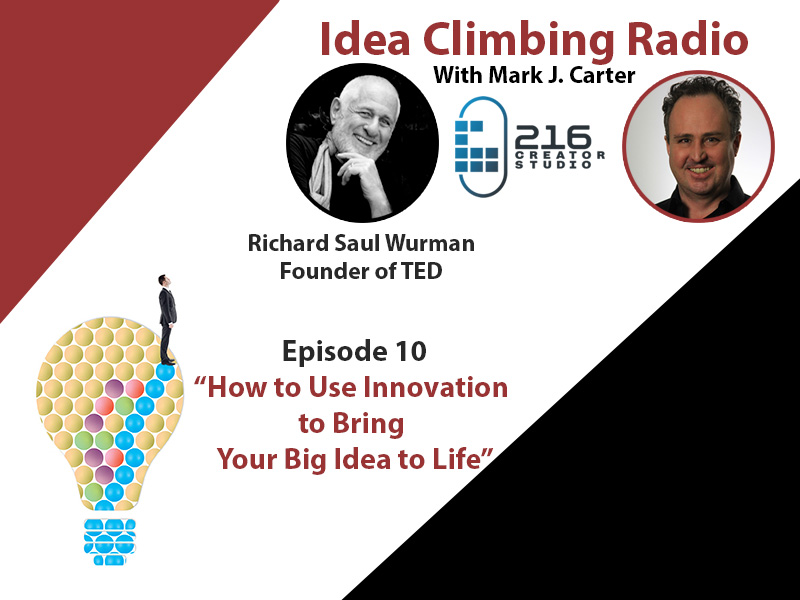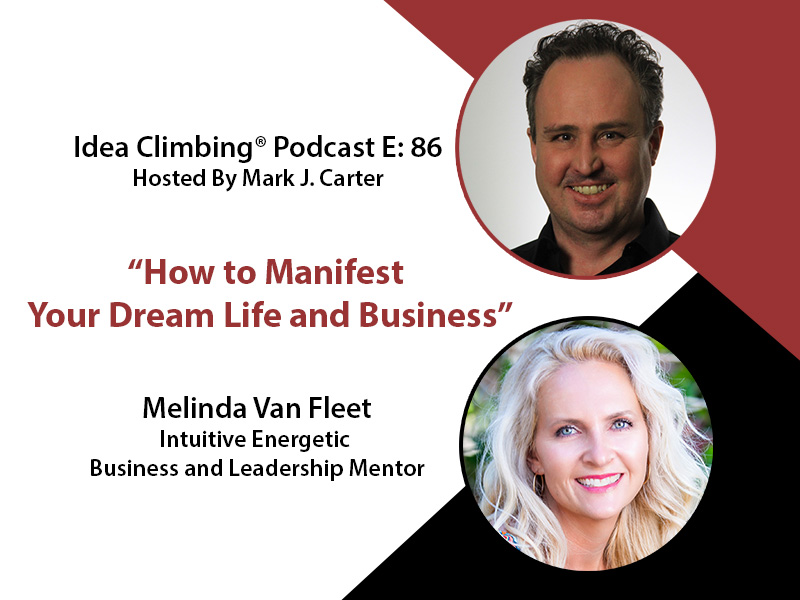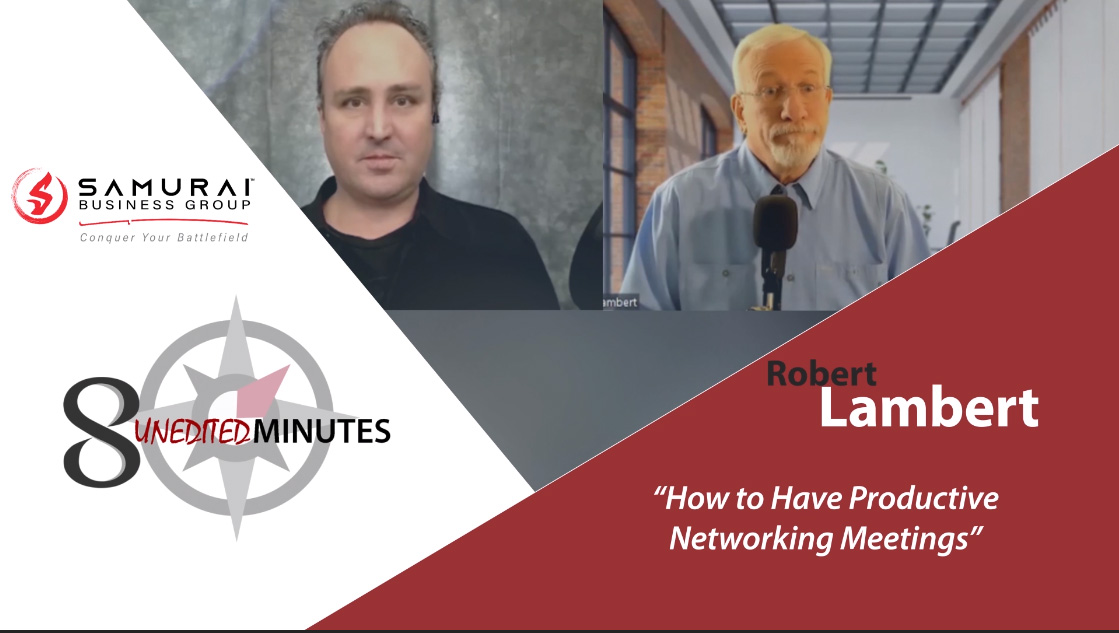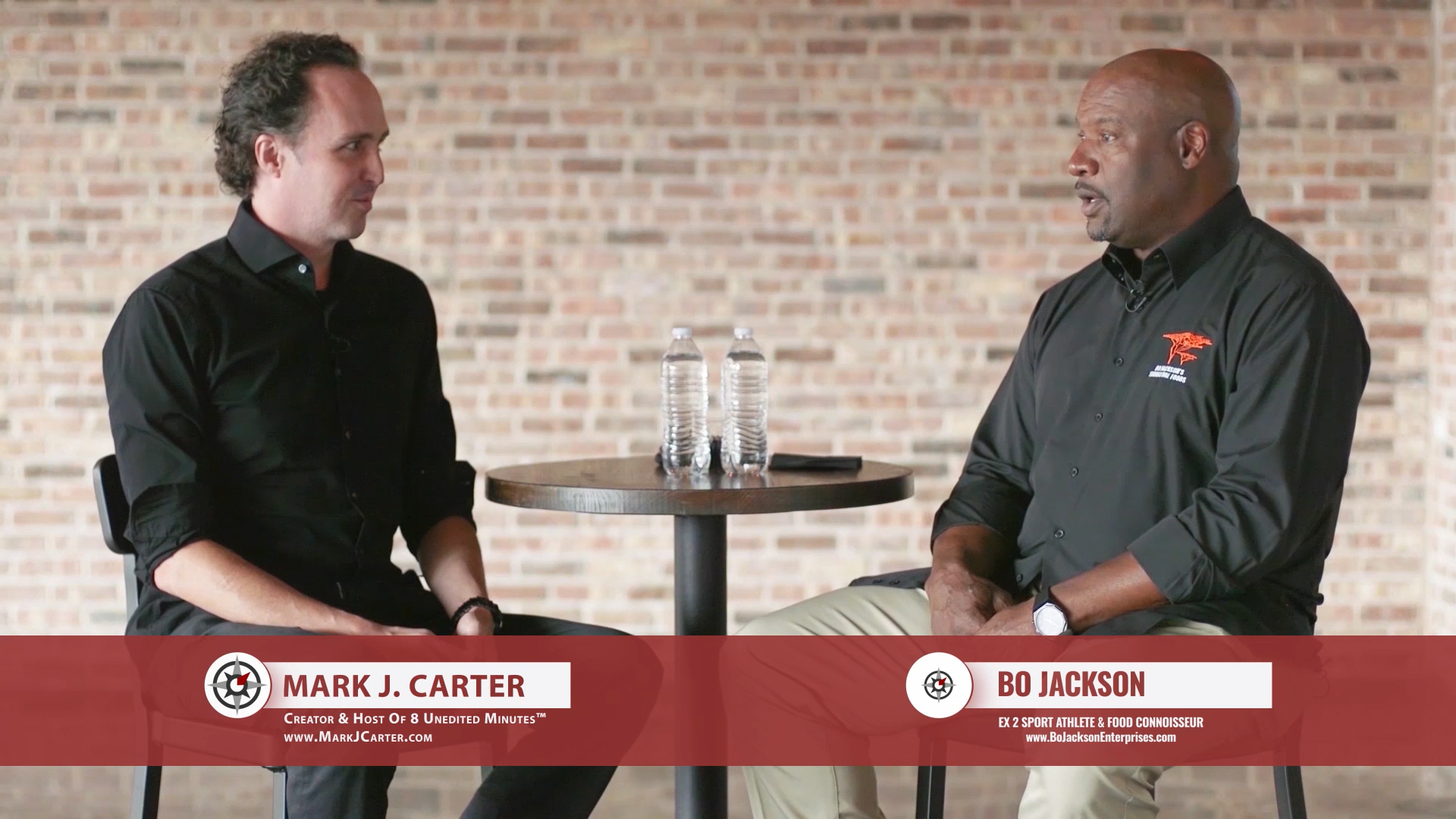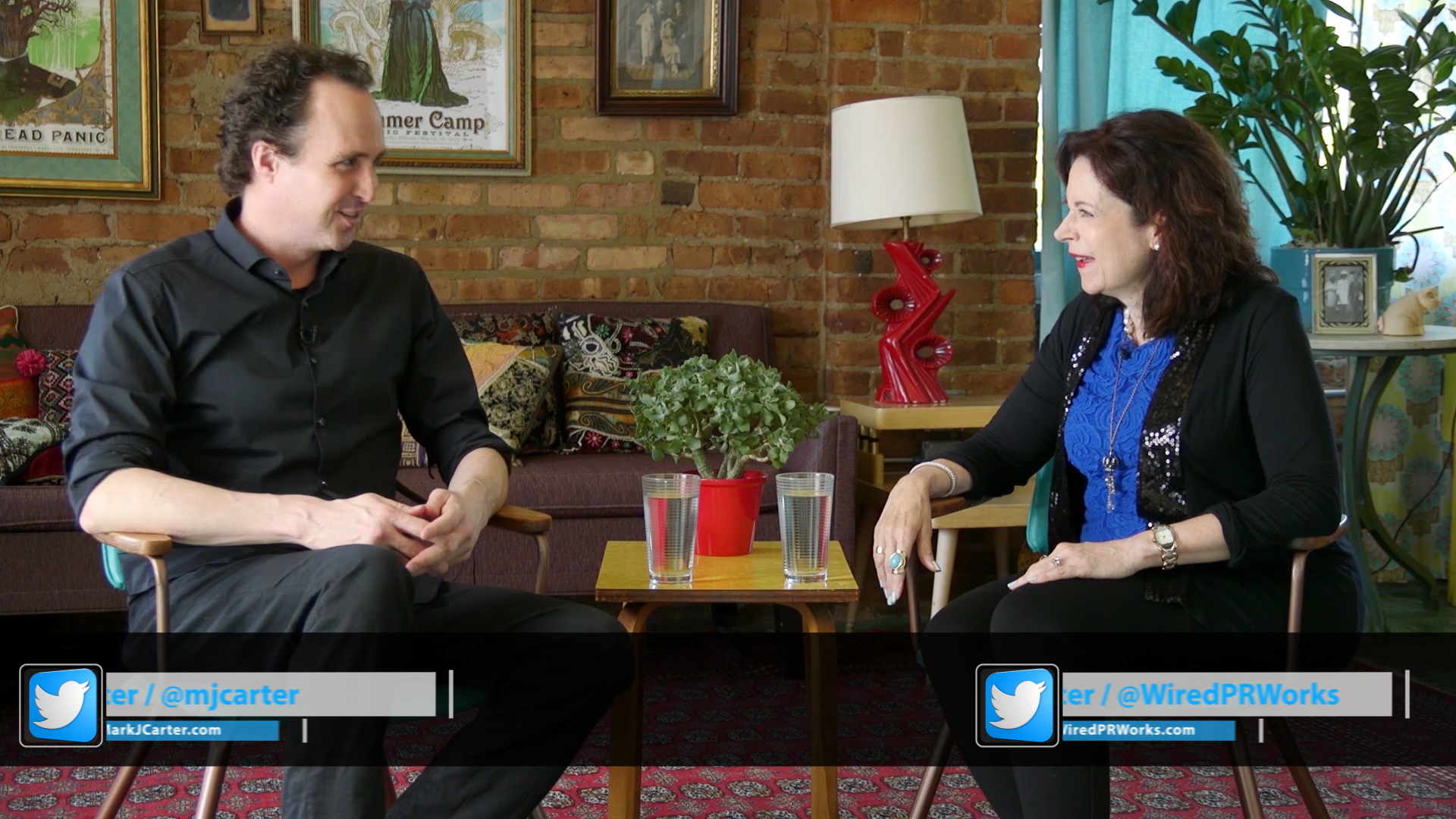Recently I had the great pleasure of interviewing Richard Saul Wurman; Founder of the TED Conferences and creator of the WWW Conference. As one of the most innovative people in the meetings industry he’s changed the face of the conference world during the last two and a half decades. He had some great advice to share about REAL innovation (and what isn’t innovation). Below is the first video interview (of 4) and some tips for you about creating the 4 kinds of innovation according to Wurman.
(To choose which of the 4 videos to watch directly on YouTube click here)
Here’s the first video (“What Innovation ISN’T”) of the 4-part series:
Most people think “innovation” is just a better version of something; this isn’t really the case. Here are…
The 4 Kinds of Innovation
- Addition
- Subtraction
- Filling a need
- Finding something in the land called zero
Addition: Putting Together What Already Exists
The “invention” of the car came as a result of the invention of many things from engines to wheels. The car wasn’t invented as one moving piece; someone put all the pieces together (then Henry Ford created the assembly line to put things together more efficiently) and we had…the car.
With meetings, conferences and trade shows many this type innovation is just a better version of something. Adding a new type of professional speaker or speaking session, adding a networking portion and such. You could add a structured networking event or structured networking portion to your event.
What could you add to your next event that isn’t there already?
Subtraction: Taking Away The Things You Don’t Need
Taking things away can also help you create a more unique event. When Wurman created the TED Conference he started with subtraction. He took away: panel discussions, dress codes, long speeches and even the podium (amongst other things).
If you want to get more creative with events be sure to think about what you don’t need; don’t have a string of keynote speakers “just because you’re supposed to”. You could take away the keynote format and replace them with interactive conversations. You could take away the happy hour.
What can you take away from your next event to make it more memorable?
Filling A Need
There are inherent needs for meetings and conferences; for example:
- Your attendees, sponsors and everyone involved with events and conferences has a need to put together more meetings and business deals.
- People have a need to “press the flesh” and meet in person – online interactions aren’t enough.
This is where addition and subtraction might come back into the conversation; you have to be aware of the needs of your audience. If you want to be innovative you’ll find interesting and exciting ways to fill their needs that they can’t get at every other event that is vying for their attention.
What are the most important needs of your audience – and how can you fulfill those needs?
Finding Something In The Land Called Zero
This is a tougher form of innovation to jump into. People are risk averse and naturally fear failure so they just create a better (or different) version of what already exists. As Richard points out “Nobody wanted the Post-It Note; Nobody wanted instant photography…but they happened”.
How can you begin to navigate this nebulous area of innovation?
Look for gaps. Wurman gives a great example of “a gap”. Consider air travel. There’s coach class, business class and first class. Then think of a private jet. There’s a huge gap and no amount of “class” in a section of an airplane will be the same as a private jet. That created a great market for a very niche (and influential) set of travelers by discovering that gap.
What gaps can you find for your audiences? Where are the voids that you can begin to focus on?
Hopefully this post gives you a few new ideas, insights and great questions to ask yourself (and then answer) that will help you become more innovative regardless of the types of small meetings or extravagant conferences you’re involved with.
What will YOU do differently next time?
“If someone’s going to tell us what the future is – it’s already here…”
– Richard Saul Wurman
